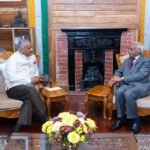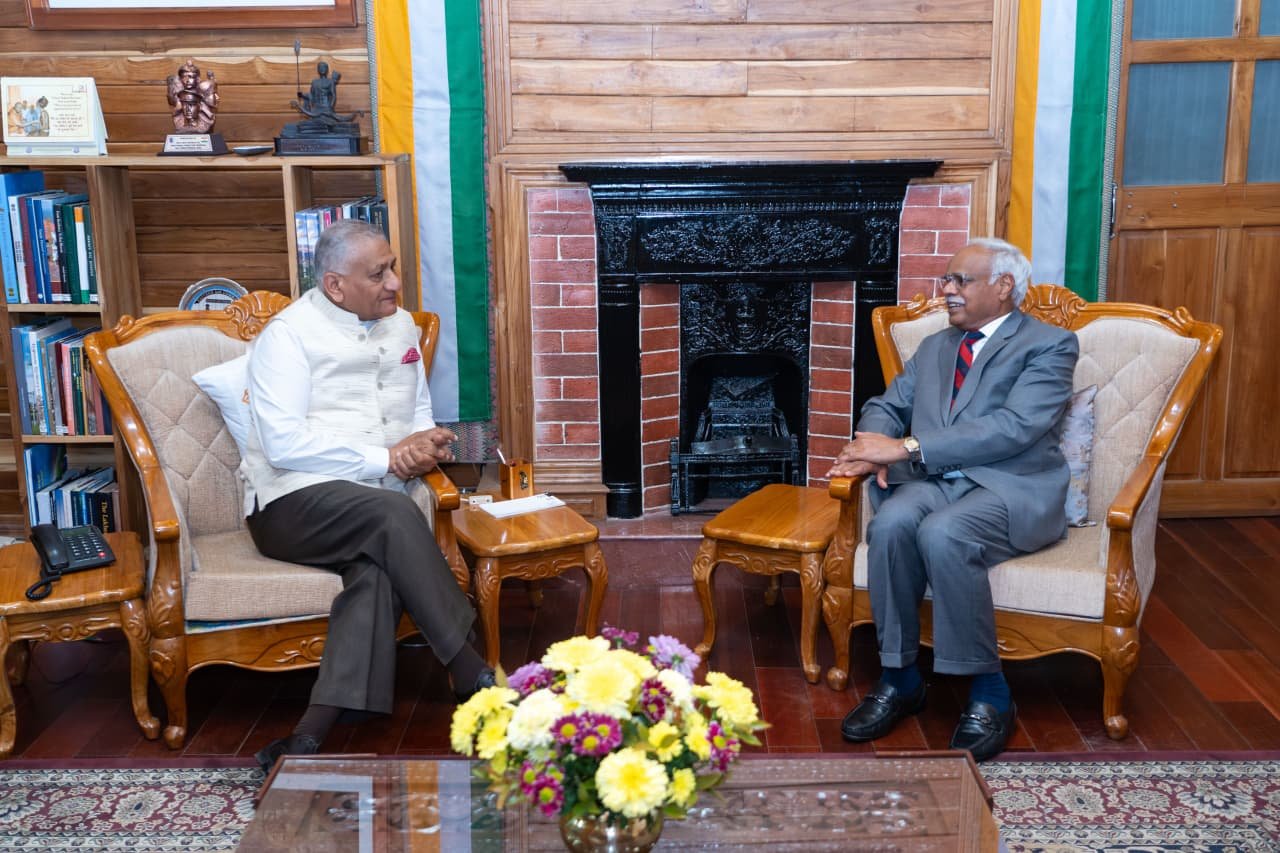New Delhi, Apr 17 (UNI) The Supreme Court is set to pronounce its order on Thursday in the high-stakes hearing on the constitutional validity of the Waqf (Amendment) Act, 2025.
The proceedings, which resumed at 2 PM, are being heard by a three-judge bench led by Chief Justice of India Sanjiv Khanna and comprising Justices Sanjay Kumar and K.V. Viswanathan.
A total of around 70 petitions filed by political leaders including Congress MP Mohammad Jawed and AIMIM MP Asaduddin Owaisi, as well as various public interest litigants have been tagged together challenging the controversial law, which received Presidential assent on April 5 following its passage in Parliament.
The Lok Sabha cleared the Bill on April 3, followed by the Rajya Sabha on April 4, amid intense debate and opposition.
During Wednesday’s hearing, the Supreme Court raised serious concerns over key provisions of the amended law. These include:
The concept of ‘Waqf by user’,
The inclusion of non-Muslims on Waqf boards, and
The power granted to Collectors to alter the status of disputed Waqf land.
CJI Khanna, while hearing arguments, also flagged the issue of whether the government would permit Muslims to be part of Hindu endowment boards—drawing a sharp contrast with the Waqf Council’s new inclusivity provision.
Solicitor General Tushar Mehta, representing the Centre, along with other senior counsels, sought more time to argue before the Court proceeds to issue any interim directions. However, the Court made it clear that it is likely to pass an order today, especially in light of ongoing unrest related to the legislation.
The Court also took note of the recent violence in Murshidabad, West Bengal, during protests against the Act. Expressing concern, CJI Khanna referred to the incident and the social tensions arising out of the legislation.
Meanwhile, West Bengal Governor C.V. Ananda Bose visited the affected region and expressed solidarity with the victims, stating, “My sympathies are with the families.”
The bench heard submissions from senior advocates Kapil Sibal, A.M. Singhvi, and Rakesh Dwivedi, who argued that the amendment is unconstitutional and discriminatory against the Muslim community. The Centre, however, has defended the Act, emphasizing that it was passed democratically and cannot be stayed without a full hearing.
The Supreme Court said that it will take up only five petitions in this matter and their lawyers will be allowed to argue.











